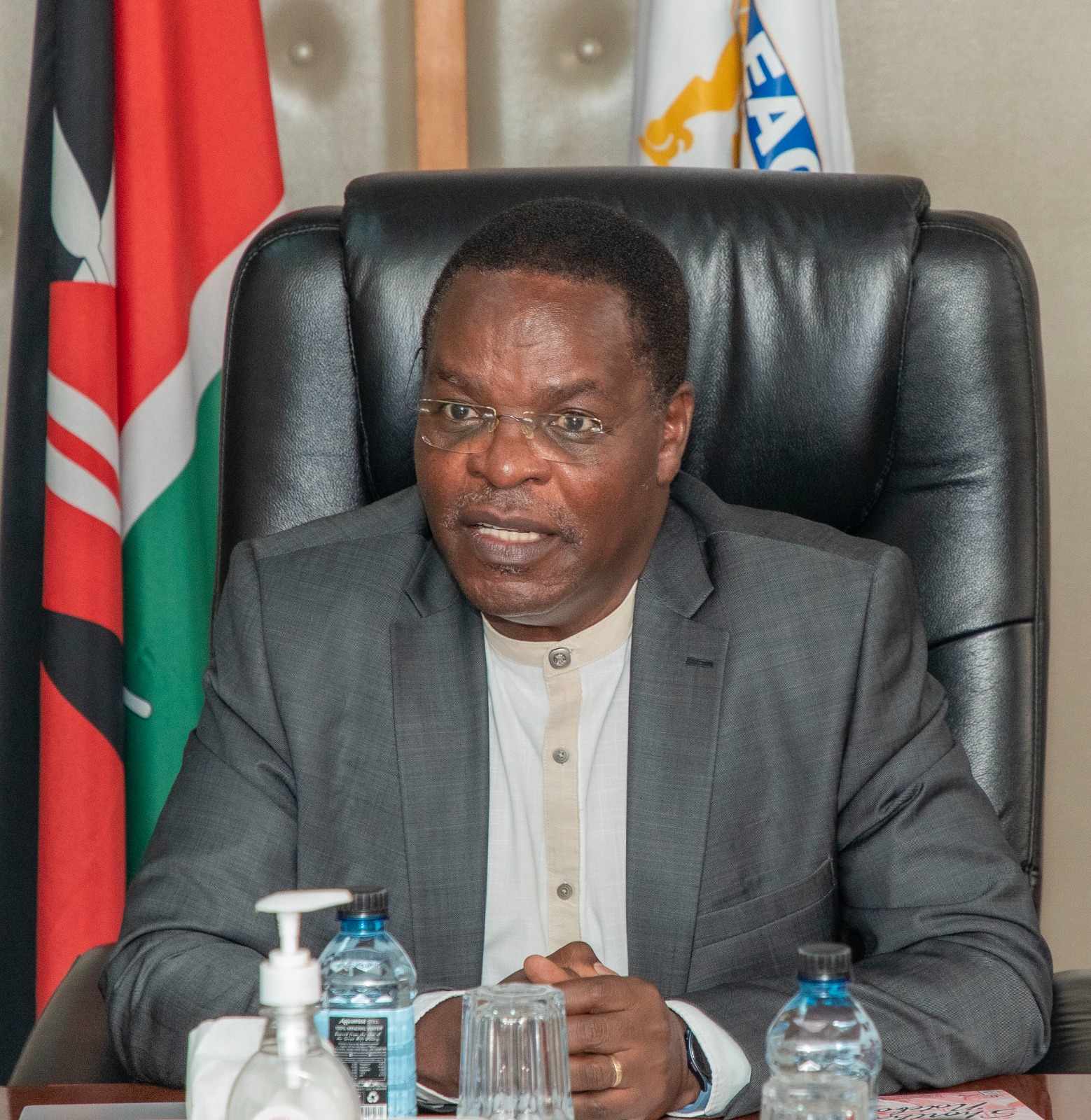By Mdadisi Mmoja
President William Ruto is said to be working on a new list of Permanent Secretaries and a significant shake-up in the leadership of parastatal heads in the country. ‘The president wants to reconfigure the parastatal sector according to his vision and priorities’; a source told The Weekly Vision.
This move is part of his administration’s efforts to calm down the growing restlessness among young people in the country who hold the view that the president has failed to fulfil his pre-election pledges to fight runaway corruption and bad governance.
The new list of PSs is expected to include a good number of individuals forwarded by opposition leader Raila Odinga. The new team of PSs will be closely watched as it will reflect Ruto’s priorities and his administration’s approach to good governance. Permanent secretaries play crucial roles in the management of government ministries, so the composition of this new list could provide insights into the direction and focus of his government.
The recent inclusion of members from the opposition party ODM (Orange Democratic Movement) in President William Ruto’s new cabinet marks a notable shift in Kenyan politics. This move could be seen by many Kenyans as an effort by the president to foster greater political inclusivity and cooperation across party lines. By integrating opposition figures into his administration, Ruto may be aiming to build a broader coalition and strengthen governance by incorporating diverse perspectives and expertise with an eye on the 2027 elections.
Speaking during a town hall meeting in Mombasa a few days ago, President Ruto said the decision to include members of the opposition in his cabinet was influenced by his pledge to form a broad-based government after weeks of protests against the former Cabinet Secretaries (CSs). “Because of the challenges and the issues that came up in the last couple of weeks going into one month, I committed to the country that I am going to form a broad-based government. Many people are asking me to explain the meaning of a broad-based government. It is a broad-based government; that’s what it is. It is what it is,” Ruto said.
The president appointed four ODM members into his cabinet as CSs; they are Wycliffe Oparanya, Cooperatives and MSMEs; Hassan Joho, Mining Blue Economy and Maritime Affairs; James Opiyo Wandayi, Energy and Petroleum; and John Mbadi, National Treasury and Economic Planning.
The new list of permanent secretaries will likely complement the president’s new strategy by ensuring that key administrative positions are filled with people who align with the country’s vision. It will be interesting to see how this new arrangement impacts the dynamics within the government and the effectiveness of its implementation of policies.
However, the inclusion of ODM members in President William Ruto’s cabinet has stirred some controversy, particularly in Central Kenya, a region that strongly supported Ruto in the last elections. Some top politicians from the area feel sidelined or betrayed by the inclusion of opposition figures in the cabinet. Politicians affiliated with Deputy President Rigathi Gachagua have expressed dissatisfaction with the president’s move; they perceive this move as a deviation from the president’s earlier commitment to prioritise their region’s interests.
The reaction from Central Kenya highlights the challenges of balancing political alliances and regional expectations. While the president’s strategy aims to create a more inclusive and broad-based government, it also needs to address the concerns and aspirations of key support bases. Navigating this internal dissent and ensuring that the political and administrative choices align with the broader expectations of the Kenyan electorate will be crucial for maintaining cohesion and support within the administration.





